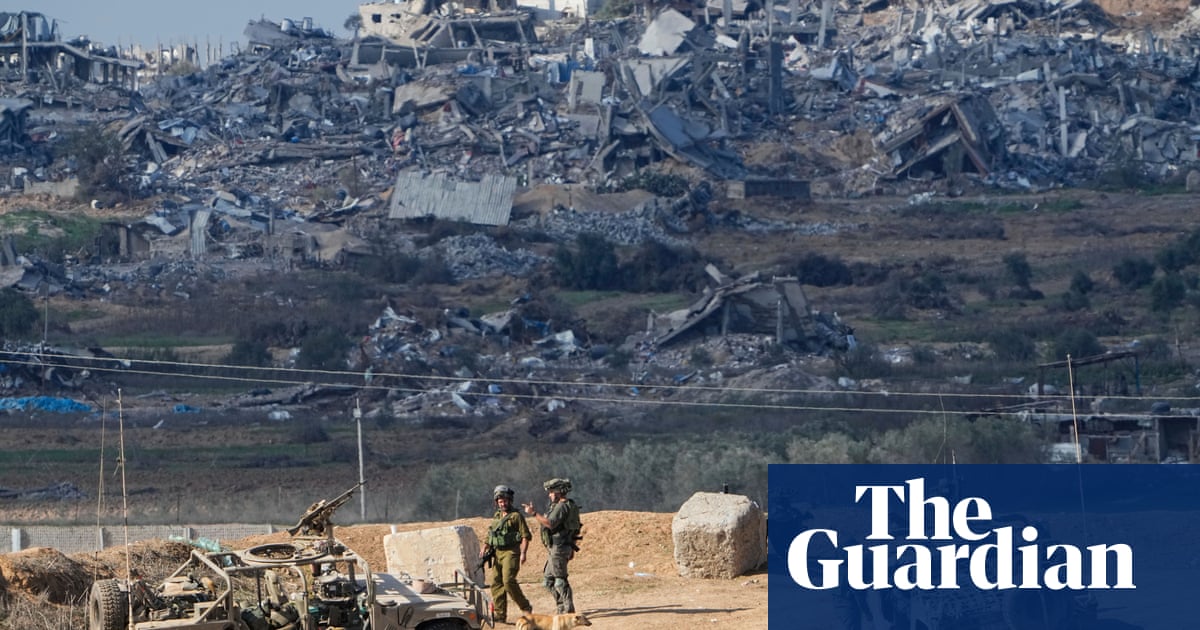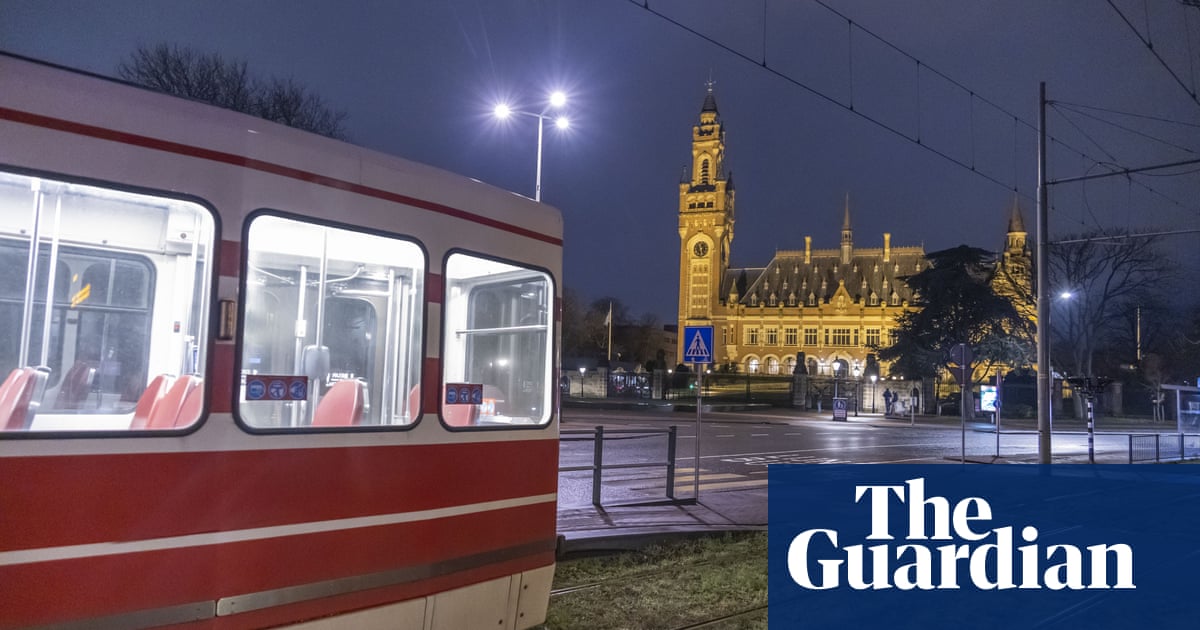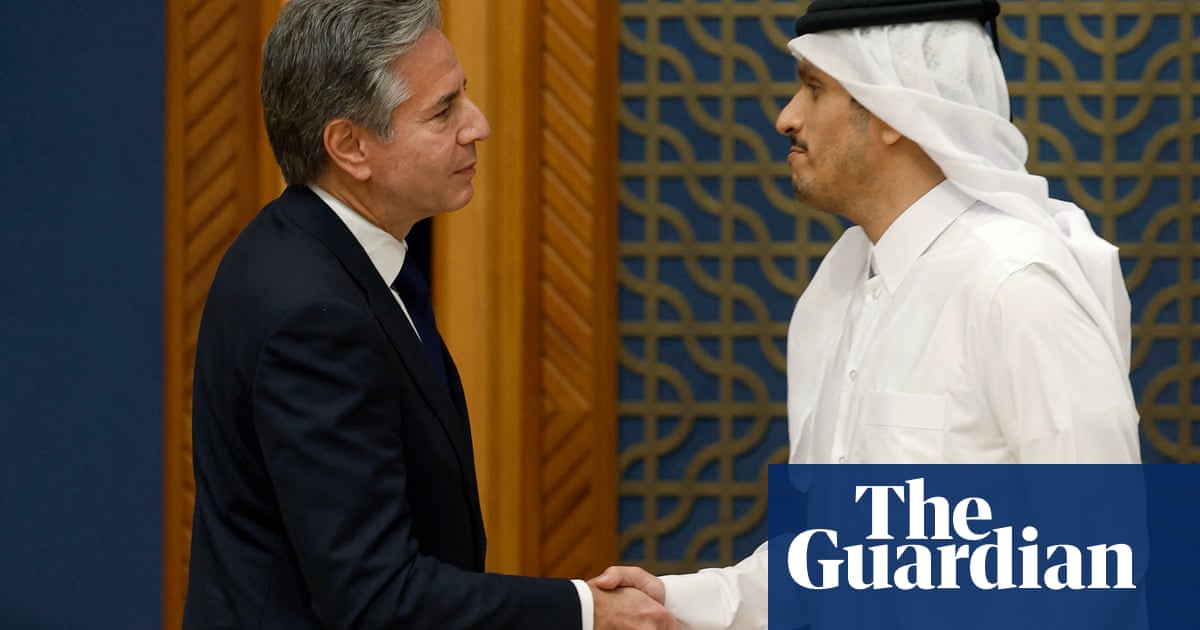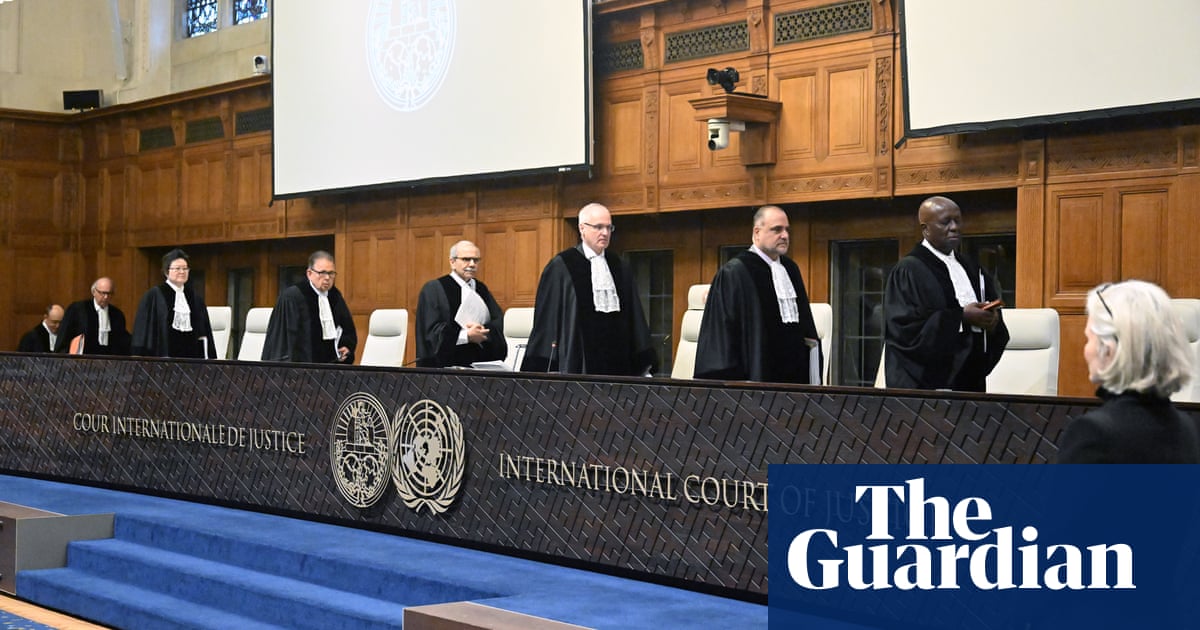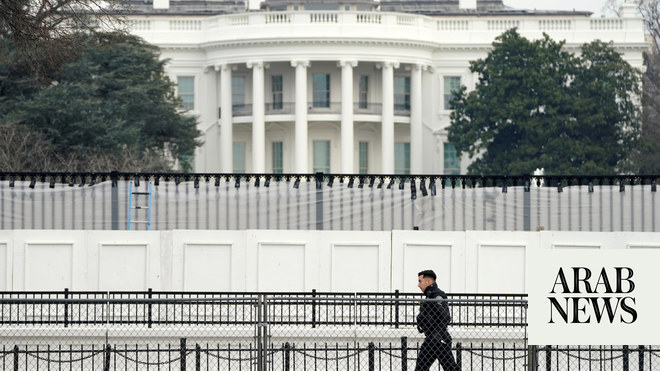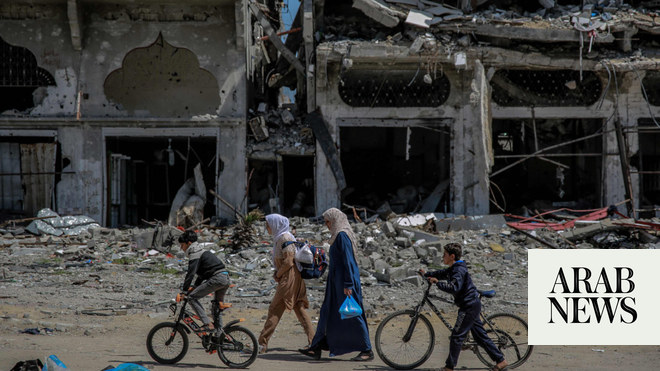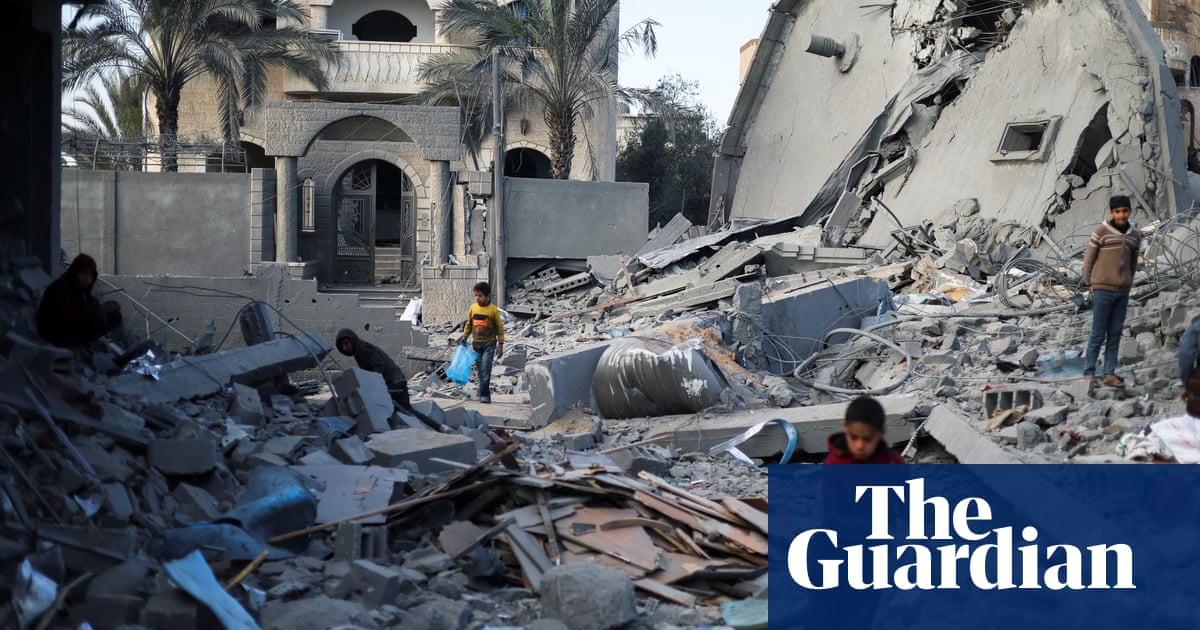
Israel is under renewed pressure to avoid civilian deaths in Gaza and enable the delivery of humanitarian aid after the international court of justice (ICJ) ordered it to prevent its forces from carrying out genocide against Palestinians.
In a historic interim judgment, the UN court in The Hague told Israel it must “take all measures within its power” to desist from killing Palestinians in contravention of the genocide convention, and to prevent and punish the incitement of genocide and facilitate the provision of “urgent basic services”. But the ruling stopped short of ordering a ceasefire to the war in Gaza.
After Friday’s ruling, attention turned to whether Israel would comply with the order – given that the court has no enforcement powers – and what pressure its diplomatic and military backers would bring to bear on it to do so.
In a televised address, South Africa’s president, Cyril Ramaphosa, said: “Today, Israel stands before the international community, its crimes against the Palestinians laid bare … We expect Israel as a self-proclaimed democracy and a state that respects the rule of law to abide by the measures handed down.”
He criticised those who “told us we should mind our own business and not get involved in the affairs of other countries”.
Germany, which backed Israel, and the EU and Turkey also called for Israel to comply with the ruling.
There was disappointment among Palestinian supporters that the court did not go further and order Israel to stop its assault on Gaza, as South Africa had demanded. The ICJ previously ordered Russia to stop its invasion of Ukraine, although it was ignored by Vladimir Putin.
The Israeli prime minister, Benjamin Netanyahu, who previously vowed that “no one will stop us, not The Hague”, did not indicate whether the ruling would lead to any changes in its military campaign but expressed satisfaction that the court had not ordered a ceasefire.
“Israel’s commitment to international law is unwavering. Equally unwavering is our sacred commitment to continue to defend our country and defend our people. Like every country, Israel has an inherent right to defend itself,” he said. “The vile attempt to deny Israel this fundamental right is blatant discrimination against the Jewish state, and it was justly rejected.”
Israel’s biggest ally, the US, which had described the case as “meritless”, said it continued to believe that allegations of genocide were unfounded and noted the court did not make a finding about genocide or call for a ceasefire in its ruling.
The US judge Joan Donoghue, who read out the order, said Israel’s response had left the civilian population of Gaza “extremely vulnerable”, resulting “in tens of thousands of deaths and injuries and the destruction of homes, schools, medical facilities and other vital infrastructure, as well as displacement on a massive scale”.
“The court notes that the operation is ongoing, and that the prime minister of Israel announced on 18 January 2024 that the war, I quote, ‘will take many more long months’.”
More than 1% of Gaza’s population – 25,700 people – have been killed according to authorities in the strip, and most of its 2.3 million population displaced by Israel’s bombing, which began after the 7 October attacks by Hamas in which militants killed about 1,200 people, mostly civilians, and took 240 hostage.
Many Palestinians are living in makeshift accommodation, including tents, UN-run shelters in schools or on the floors of hospitals, or outside in freezing, unsanitary conditions. There is a shortage of food, water and medical supplies.
The measures, all backed by at least 15 judges, also required Israel to ensure the preservation of evidence of alleged genocide and report to the court within a month.
Donoghue said the court was “gravely concerned” about the fate of the hostages abducted from Israel on 7 October “and calls for their immediate and unconditional release”.
The ruling is not the final word from the court on whether Israel’s actions amount to genocide, but it provides a strong indication that the judges believe there is a credible risk to Palestinians under the 1948 genocide convention, enacted after the mass murder of Jews in the Nazi Holocaust.
Granting South Africa’s application for special measures, the court did not have to find whether Israel had committed genocide, which will be determined at a later date, but only that its acts were capable of falling within the convention, which defines the war crime as “acts committed with intent to destroy, in whole or in part, a national, ethnical, racial or religious group”.
Donoghue said the court “considers that the catastrophic humanitarian situation in the Gaza Strip is at serious risk of deteriorating further before the court rendered its final judgment [on whether Israel has committed genocide]”.
She said the court had “taken note” of statements made by senior Israeli officials including Yoav Gallant, Israel’s defence minister, who called for a total siege of Gaza and said Israel was fighting “human animals”.
While Israel has been scathing of the case against it and South Africa for bringing it, it was significant that it hired a strong legal team to rebut it rather than choosing not to cooperate.
In a direct riposte to the US, the Palestinian ambassador to the UN, Majed Bamya, tweeted: “Not so ‘meritless’ after all! Hope all the states that made dismissive statements on this case brought forward by South Africa against Israel on genocide finally stop bending the law and breaking its rule to fit Israeli crimes and atrocities against the Palestinian people.”
The Palestinian foreign minister, Riyad al-Maliki, called it a decision “in favour of humanity and international law”.
Outside the court building, protests organised by pro-Palestinian and pro-Israeli supporters gathered under different video screens to watch Donoghue deliver the interim ruling.
Loud cheers erupted among the pro-Palestinian crowd – which included the climate activist Greta Thunberg – when the court said Israel must prevent acts within the scope of the genocide convention, but others expressed frustration that the judges had not ordered a ceasefire. Many in the pro-Israeli demonstration held photographs of hostages held by Hamas.
The UN agency for Palestinian refugees said on Friday it had opened an investigation into several employees suspected of involvement in the 7 October attacks in Israel by Hamas, and that it had severed ties with those staff members after information was provided by Israel. The US state department said it would not provide additional funding to the agency until the allegations were addressed.




